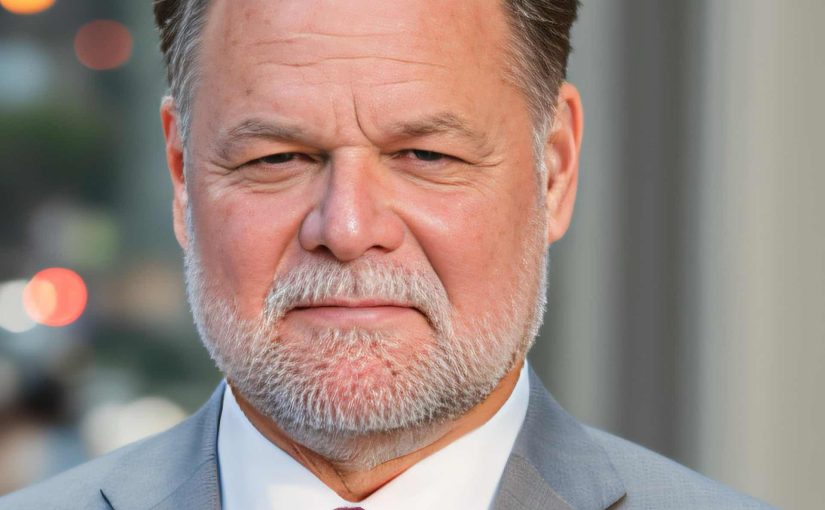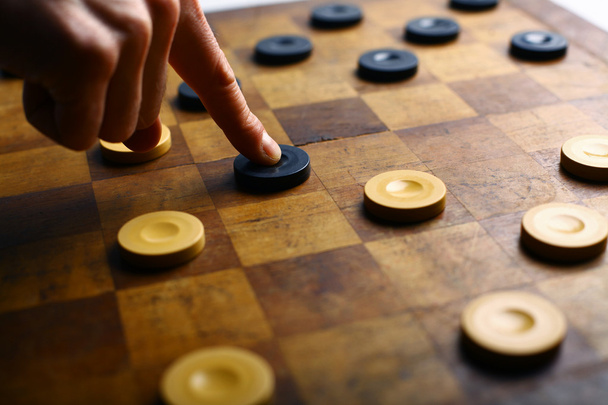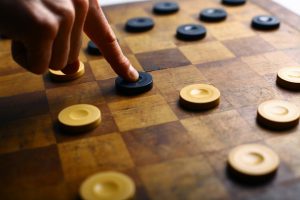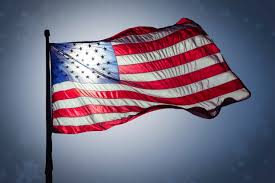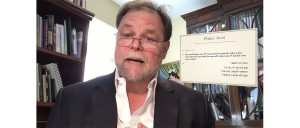Have you informed him of his Miranda Rights?
It’s deeply embedded in our understanding of the system.
“You have the right to remain silent; anything you say can and will be used against you…” Many of us can even repeat the words quoted at every arrest and in every cop show we watch on TV.
Miranda was somewhat of a lowlife. He confessed to rape, but that conviction was overturned because the Supreme Court determined his confession was improper. Miranda was tried without his confession and subsequently convicted.
Protection from self-incrimination is regarded as a fundamental right under our principle of innocent until proven guilty. This right is enshrined in the 5th Amendment, which explicitly safeguards individuals against self-incrimination. Additional protections also exist, including the right to counsel and due process as established in the 6th and 14th Amendments, respectively. It is the responsibility of the government to prove guilt, not the obligation of the defendant to prove innocence. This distinction makes our system unique and enviable.
We are willing to let a guilty person go free rather than wrongfully convict an innocent individual. This means that sometimes bad guys “get away with it” because we want to protect the innocent. The system is flawed and abused. However, this sets us apart from many other legal systems and is the envy of the free world, limiting the government’s power from steamrolling over whoever it decides to target. These rights were denied to Abrego Garcia when he was abruptly taken to a maximum-security prison in El Salvador.
It is not that Abrego Garcia is a good guy or a bad guy. He has never had access to the protections our system offers. Bring him back into the legal system for proper adjudication. Present the evidence, make the arguments, and let the chips fall where they may. We cannot risk the implications of denying Abrego Garcia his rights; we could only ask, Who’s Next?

